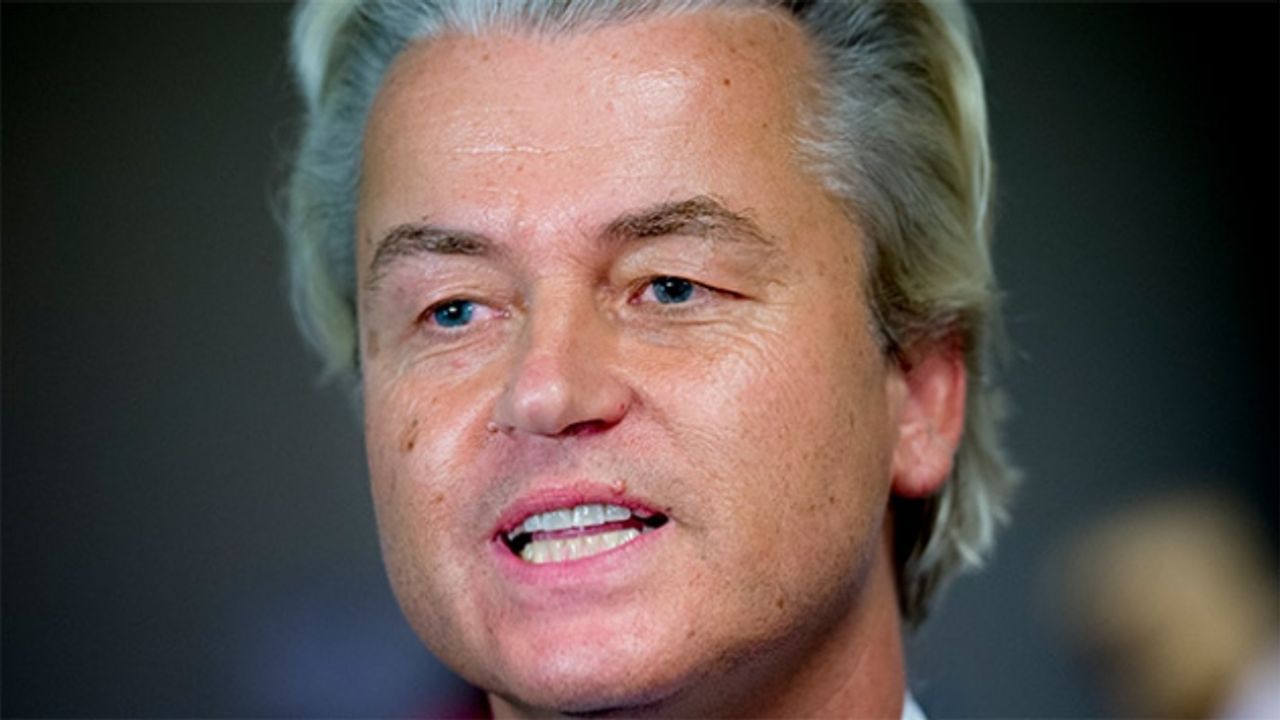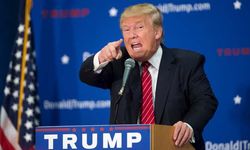Geert Wilders, leader of the far-right Freedom Party (PVV), who signaled a softening of his anti-Islamic views after winning the general elections in the Netherlands on November 22, took the first concrete step in this regard.
Wilders withdrew the bills on "banning Islam in the Netherlands" and denying the right to vote and be elected to those with dual citizenship, which he had previously submitted to the House of Representatives.
This attitude of the far-right leader is considered as a strong message to the other 3 right-wing parties, possible government partners, before the coalition negotiations that will start on Tuesday.
Wilders, whose policies are based on anti-immigration and anti-Islamism, had submitted a legislative proposal to the parliament to prevent 'Islamization' in the Netherlands, including the banning of the Koran and the closure of mosques.
Wilders also called for "potential jihadists" to be detained "on remand", even if there is no judicial decision against them.
Another controversial bill submitted by the far-right leader to parliament was the proposal that people with dual citizenship should not be allowed to vote.
Wilders specifically targeted Turkish-born Security and Justice Minister Dilan Yesilgoz and Swedish-born Defense Minister Kajsa Ollongren.
Wilders defended the bill by saying, "I don't want any Turks, Moroccans or Swedes in this parliament. I can't say that, this is my country.
The bills submitted by the PVV leader were waiting in the parliamentary archive because they did not receive the support of enough MPs.
However, Geert Wilders, who said before and after the elections that he would be "the prime minister of everyone" and that he would soften his anti-Islamic views, abandoned these proposals, which were considered unconstitutional.
According to the Dutch media, Wilders, the leader of the PVV, wrote to Martin Bosma, the Speaker of the Dutch House of Representatives, who is also the ideologue of his own party, informing him that he withdrew the bills on banning Islam and dual citizens.
'Signal' before coalition negotiations
The far-right leader's behavior is seen as a strong signal to other parties ahead of the coalition negotiations that begin on Tuesday.
Tomorrow, Wilders will meet with Dilan Yesilgoz, leader of the People's Party for Freedom and Democracy (VVD), Pieter Omtzigt of the New Social Contract Party (NSC) and Caroline van der Plas, leader of the Farmer Citizen Movement Party (BBB).
The priority for the right-wing leaders will be the new government's compliance with the constitutional framework.
Pieter Omtzigt, the leader of the center-right NSC, stated that Wilders' proposals such as "banning Islam in the Netherlands and administrative detention of jihadists" were incompatible with the principles of the rule of law, and considered their abandonment as a precondition for coalition negotiations.
The Dutch Council of State also stated that the bills withdrawn by Wilders were against the basic principles of the democratic rule of law.
The Council of State emphasized that the draft law "discriminatorily deprives a certain segment of society of their fundamental rights to freedom."
According to political sources in The Hague, Wilders' concrete step back from these proposals is crucial for convincing the NSC, the key party in the coalition negotiations.
VVD leader Dilan Yeşilgöz, who had previously stated that she would not take part in a minority government led by Wilders but would support it from the outside, is also under intense pressure from within the party to join the cabinet.
The priorities of all four possible coalition partners are asylum and immigration restrictions, the economy, housing and security.
Since they have similar views on these issues, a strong right-wing coalition government of the four parties with a majority in both the parliament and the senate is considered the most plausible option.












